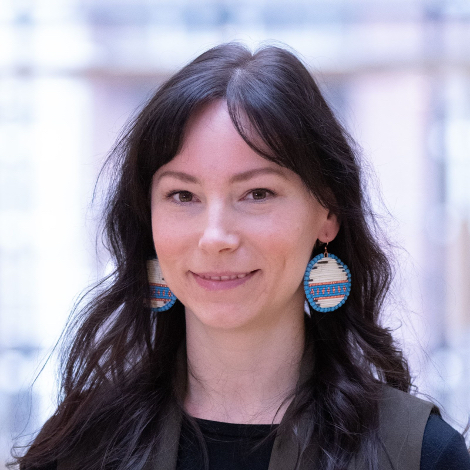Unravelling Métis Theory and Methodology: Embodying Wahkootowin in Indigenous Play
Main Article Content
Abstract
Kovach4 states “Articulating theory can feel like unravelling a tightly tangled knot” (p. 181). As a beader, I know all too well the experience of untangling knots. Nevertheless, determining Métis theory in the context of my research was one of the toughest knots I have ever tried to unravel. In this presentation, I shared my journey of unravelling, going from a mishmash of Indigenous models and approaches, to sifting through countless readings, to finally recognizing wahkootowin in my urban community and understanding it within the context of play. Wahkootowin is a Cree-based word, long used by Métis people, that can be translated to relationships/relations or kinship, extending to the whole of creation, past, present, and future. Within this concept lie the virtues, values, principles, and laws that guide, strengthen, and foster our relationships. Wahkootowin guides the way we conduct ourselves and treat one another, and therefore can be equated to the laws of relational accountability. Wahkootowin, then, became the methodology and axiology of my thesis work. The theories within guide my research choices, while my research question aims to decolonize spaces in academia and recreation. I believe that decolonizing spaces is one way in which we contribute to the wellbeing of our relations, therefore upholding wahkootowin. In my research I also seek to better understand how colonization has impacted Indigenous peoples’ experiences of play across generations, the play experiences available to us, and how we seek to play today. My research seeks to honor Indigenous ways of knowing and being, and strives to amplify self-determining conceptualizations of “play” in an effort to encourage those that work with Indigenous peoples to make space for Indigenous play.
4 Kovach, M. (2021). Indigenous Methodologies: Characteristics, Conversations, and Contexts (Second ed.). University of Toronto Press.
Article Details

This work is licensed under a Creative Commons Attribution-NonCommercial 4.0 International License.

